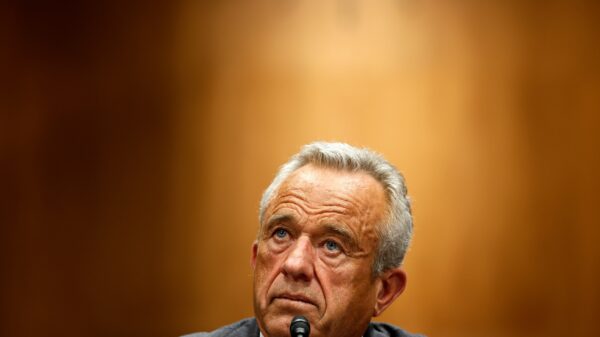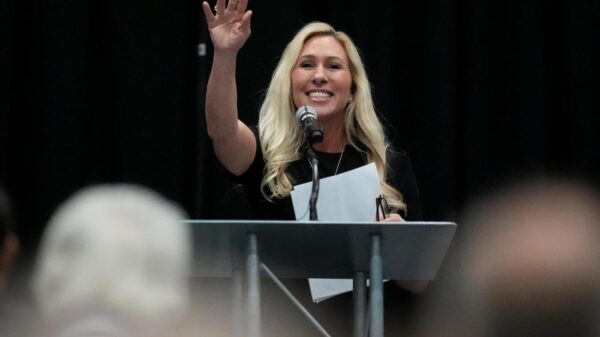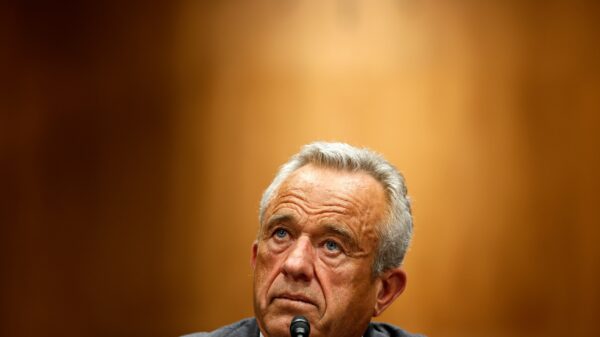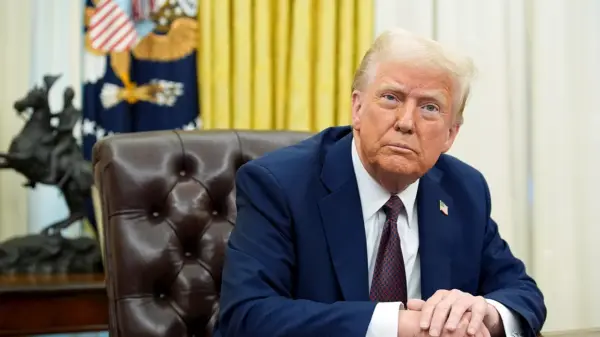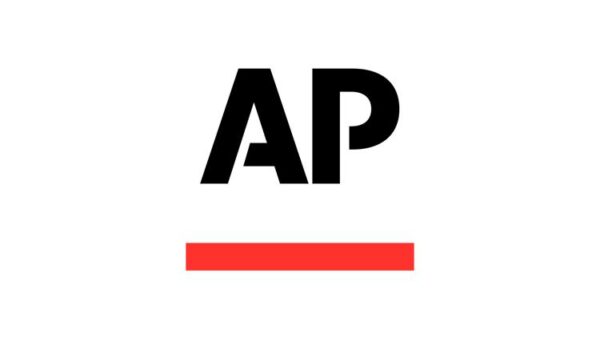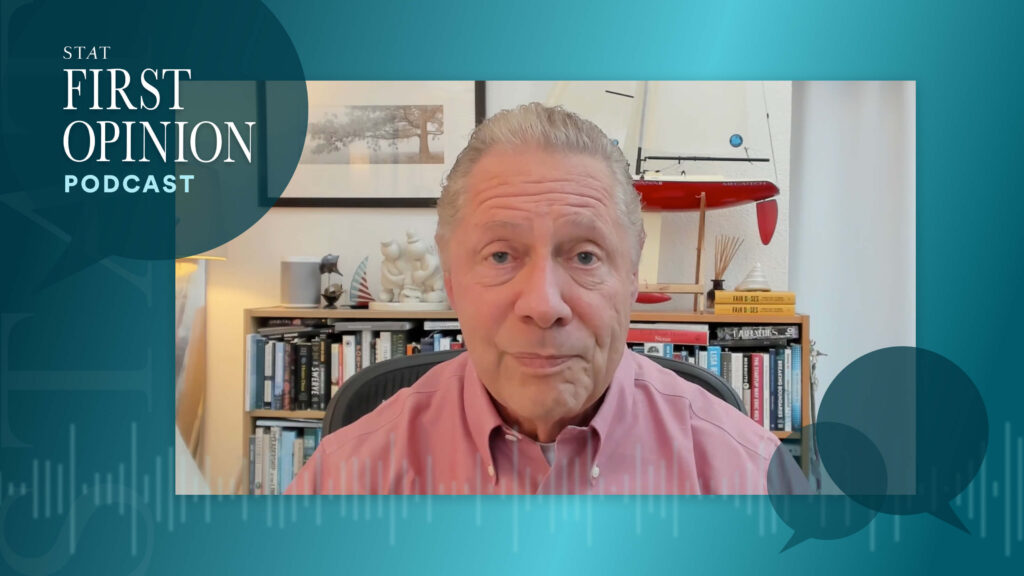The world faces critical decisions regarding public health as funding cuts threaten the future of global vaccination efforts. In an interview on the “First Opinion Podcast,” Seth Berkley, a renowned vaccine and global health expert, emphasized the challenge of prioritizing immediate vaccine distribution versus preparing for future pandemics. He predicted that another pandemic is inevitable, underscoring the need for ongoing investment in global health initiatives.
Berkley, who served as the CEO of Gavi, the Vaccine Alliance for over a decade and co-founded COVAX, spoke from his home in Geneva, Switzerland. He noted the stark contrast between the current health landscape in Europe and the challenges faced in other parts of the world, particularly the United States. Berkley expressed concern over the politicization of vaccines in the U.S., stating that the nation, historically a leader in scientific advancement, is now grappling with conspiracy theories surrounding public health policies.
The conversation shifted to Berkley’s new book, “Fair Doses: An Insider’s Story of the Pandemic and the Global Fight for Vaccine Equity.” He elaborated on the lessons learned from the COVID-19 pandemic, particularly regarding vaccine access in low-income countries. Although the rollout was unprecedented, with 2 billion doses distributed through COVAX to 146 countries, Berkley highlighted that significant disparities remain. Approximately 57% of the population in developing countries received a primary dose, compared to a global average of 67%.
Berkley acknowledged that while public health organizations made strides in vaccine distribution, they were hampered by poor communication strategies early in the pandemic. He described the struggle to provide clear guidance when initial data was limited. “In a pandemic at the beginning, we know nothing,” he explained, emphasizing the importance of transparent and accurate communication as the science evolves.
The discussion also delved into the broader issue of vaccine hesitancy, which has historically existed but was exacerbated during COVID-19 due to misinformation spread via social media. Berkley noted that vaccine hesitancy is more prominent in high-income countries where vaccine-preventable diseases are less visible. In contrast, individuals in developing regions often have firsthand experience with these illnesses, making them more receptive to vaccinations.
Looking ahead, Berkley expressed concern regarding the global health community’s preparedness for future pandemics. He rated the current level of preparedness as low, between two and three out of ten. He pointed out that the U.S. has withdrawn from key international health organizations like the WHO, which plays a crucial role in coordinating responses to global health crises.
Berkley also addressed the financial aspect of vaccine production, highlighting Gavi’s success in reducing the cost of essential vaccines from approximately $1,300 in the U.S. to around $24 in low-income countries. He urged global health organizations to focus on ensuring equitable access to vaccines, particularly for the so-called “zero dose” children who remain unvaccinated.
As the conversation concluded, Berkley conveyed optimism about advancements in vaccine technology. He mentioned ongoing efforts to develop innovative delivery methods, such as heat-stable patch technologies and oral vaccines. These innovations could enhance vaccine access and distribution, especially in challenging environments.
Overall, Berkley’s insights underscore the urgent need for a coordinated global response to public health threats, emphasizing that preparing for the next pandemic requires sustained investment in vaccine research, equitable distribution, and effective communication strategies.








